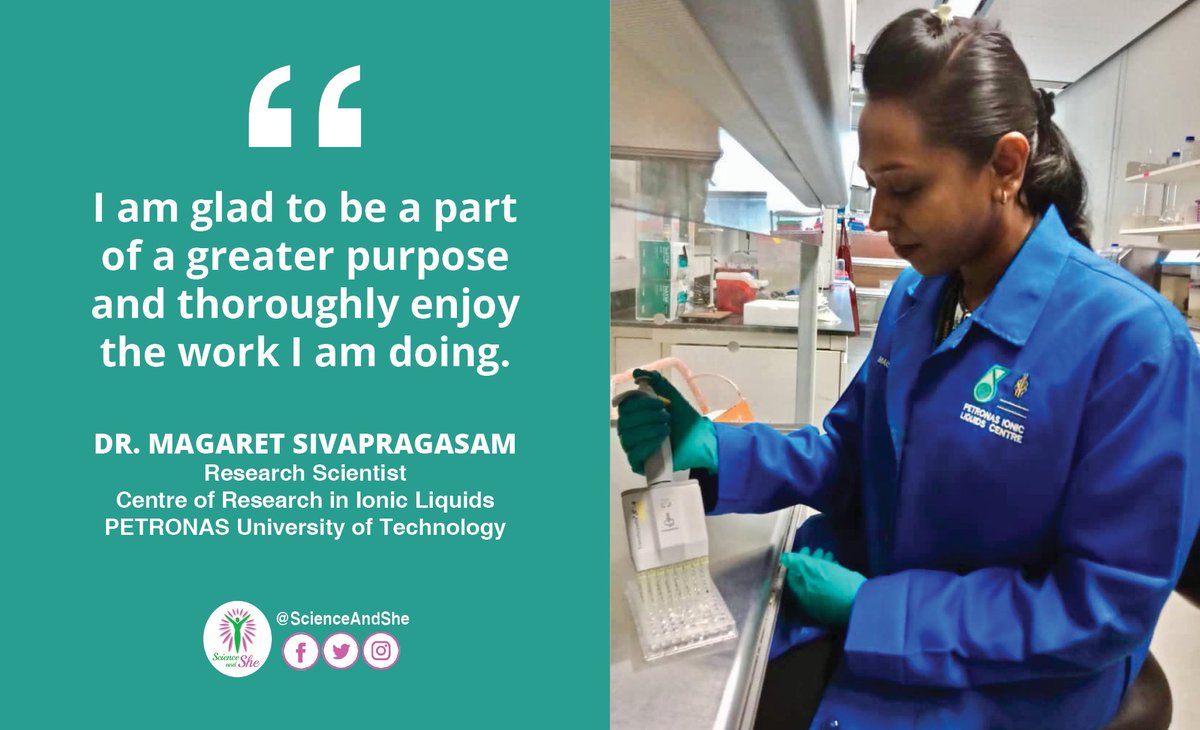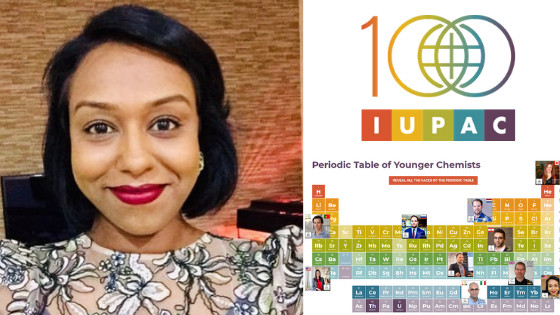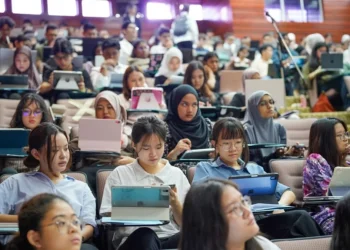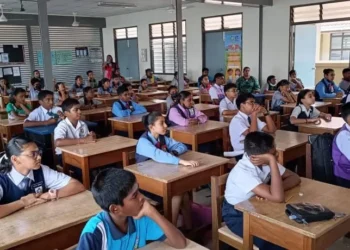The periodic table and atomic numbers were a pain to memorise in school. To add a little (more) colour to the table of chemical elements, the International Union of Pure and Applied Chemistry (IUPAC) is creating a ‘Periodic Table of Younger Chemists’ in celebration of IUPAC 100th anniversary of IUPAC and of the 2019 International Year of the Periodic Table. The ‘Periodic Table of Younger Chemists’ features a group of 118 young chemists from around the globe to highlight the diversity in careers, creativity, and dedication.
Congratulations to the new 10 elements (Tm, Ho, Yb, Ga, He, In, Tl, Rb, Cs, Ru) awarded in the #PTChemists! #IUPAC100 pic.twitter.com/28om6uJpAn
— International Younger Chemists Network (IYCN) (@IntlYoungerChem) February 12, 2019
One of the ‘elements’ featured in the ‘Periodic Table of Younger Chemists’ is Universiti Teknologi Petronas (UTP) postdoctoral research scientist at the Centre of Research Ionic Liquids, Dr Magaret Sivapragasam.

Dr Magaret has won multiple awards and honours in the past for her incredible body of work in science. This includes the Stage Two of the Shell Ideas 360 Innovators Challenge and honourable mention in the Yale University Green Chemistry Challenge for one of her projects to remove dye from industrial wastewater produced by the batik-dyeing industry in Malaysia. In 2017, Dr Magaret received the prestigious Science Finder CAS Future Leader award by the American Chemical Society.

DR Magaret has spoken at many international conferences and champions the involvement of women in STEM. hopes that her achievement will inspire young minds, especially young women, to believe in themselves and always strive for more, as well as encourage them to show interest in, and take up, science-related courses.
In response to her appointment, Dr Magaret said: “It is really humbling to receive the award and a great honour to be part of the Periodic Table of Younger Chemists. I am thrilled to put Malaysia and UTP on such a distinguished global platform.”
“We need more women in science roles to make scientific innovations, and more importantly, address global challenges. Institutions like UTP create a nurturing and inclusive environment to ensure that women have the opportunity to develop their scientific interests and abilities as well as research capabilities,” she added.
As a champion of female scientists in Malaysia, she works towards ending the stereotyping of women scientists and has even started a discussion forum on Twitter at #scientistscanwearmakeup
Source: Bernama
Follow us on Instagram, Facebook or Telegram for more updates and breaking news.








